April 23, 2025 | 13:47 GMT +7
April 23, 2025 | 13:47 GMT +7
Hotline: 0913.378.918
April 23, 2025 | 13:47 GMT +7
Hotline: 0913.378.918
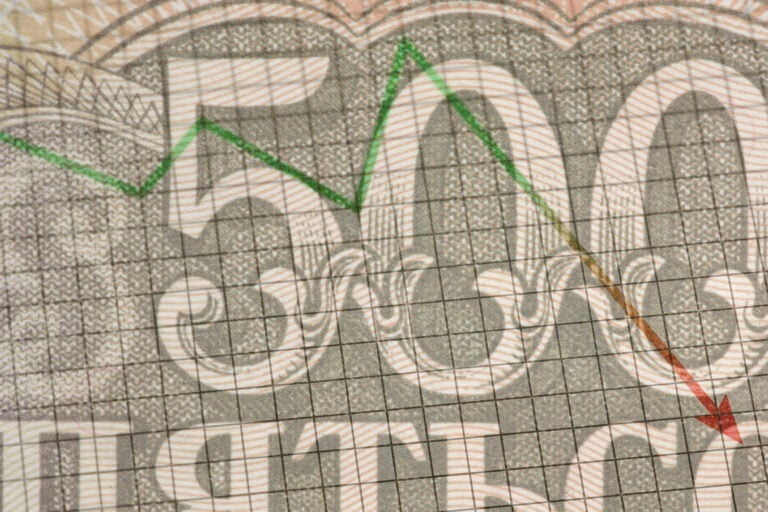
The average egg industry's profitability is also in the red zone. Photo: Canva.
In the last week of March, the average wholesale price of a broiler carcass in Russia inched down, dropping to Rub 142 per kg (US$1.68), Sergey Lakhtuykhov, general director of the Russian National Union of Poultry Farmers, told local news outlet Agroexpert.
On average, poultry farmers suffer a Rub 20 per kg (US$0.24) loss when selling broiler meat directly to retailers and Rub 40 per kg (US$0.48) under contracts with wholesalers.
Minced meat market in the free fall
In the minced poultry meat segment, the situation is dramatic. On average, the price plunged to Rub 25 per kg (US$0.30), reaching Rub 20 per kg (US$0.24) in some regions. Last year, the price was around Rub 80 per kg (US$0.95), according to Lakhtuykhov.
“Some farmers say it is easier to bury minced meat than to store and sell it,” Lakhtuykhov admitted.
Egg manufacturers suffer, too
The average egg industry’s profitability is also in the red zone. Currently, the wholesale egg price on the market is estimated to be close to Rub 25 per kg (US$0.30), while the production cost reaches Rub 55 to 65 per kg (US$0.65 – US$0.77), depending on the farmer’s location, Artur Kholdoenko, advisor to the general director of the Sinyavinskaya poultry farm.
Export restrictions on the agenda
Poultry farmers pin their hopes on the barbeque season set to begin in May when the demand for poultry meat and eggs traditionally rises. Against this background, Boris Chernyshov, deputy speaker of the State Duma, lower chamber of the Russian Parliament, filed a request to the Agricultural Ministry proposing to temporarily ban exports of meat, likely including poultry. Chernyshov assumed that the measure would keep prices low during peak demand.
Industry executives spoke against the idea of banning exports at a time when the industry is grappling with losses. “The industry community, on the contrary, is thinking about how to stimulate exports in order to stabilise prices and reduce farmers’ losses,” Sergey Yushin, executive director of the Russian National Meat Union, said.
If implemented, the export restrictions could make the crisis in the industry much worse, market players believe.
(Poultryworld)
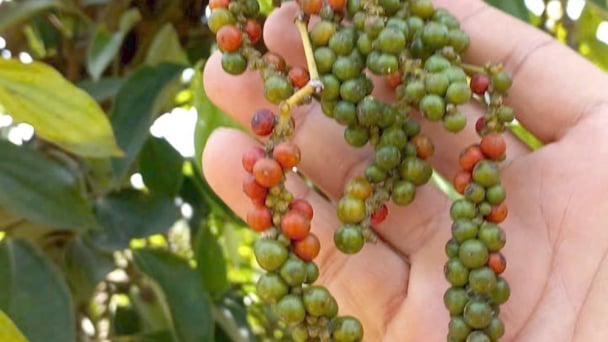
(VAN) Pepper export businesses are boosting sales to the EU, India, the Middle East, and other markets to sustain exports, even in the face of unfavorable U.S. reciprocal tariffs.
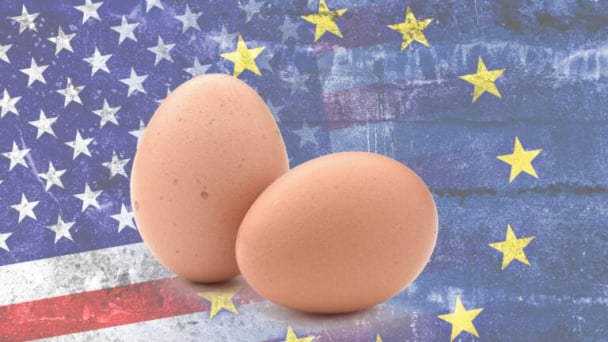
(VAN) In northwestern Europe, poultry farmers can take full advantage of exceptionally high prices.
/2025/04/18/0614-0-nongnghiep-120604.jpg)
(VAN) Cashew nuts are not only a nutritious food but also a golden raw material in both cuisine and export, contributing to elevating Vietnamese agricultural products onto the global stage.
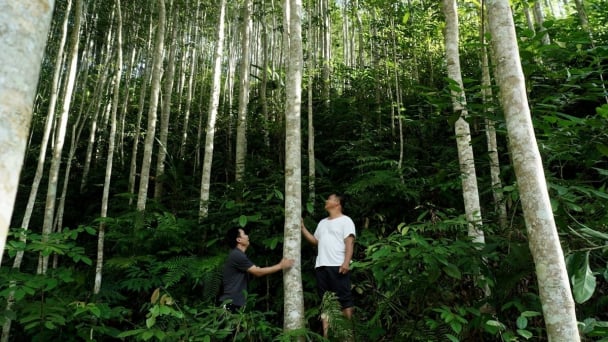
(VAN) Orders from wood processing businesses in Bac Kan Province for export to the U.S. have been cancelled or suspended, even all orders cancelled in some cases.
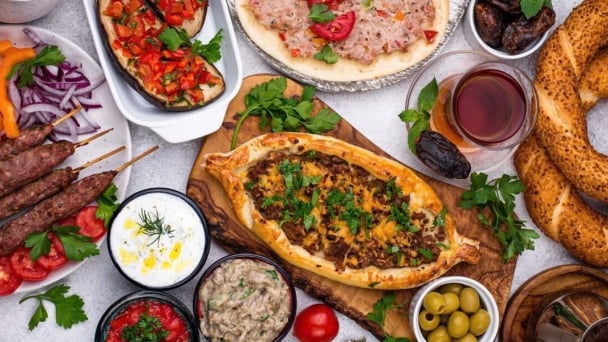
(VAN) Vietnam is regarded as one of the gateways to enter the Halal market in the Asia-Pacific region, which has the world’s largest Muslim population.

(VAN) With an annual production scale of around 5 million tons, Vietnam has enough potential to transform rice bran into a key export commodity if combined with deep processing.